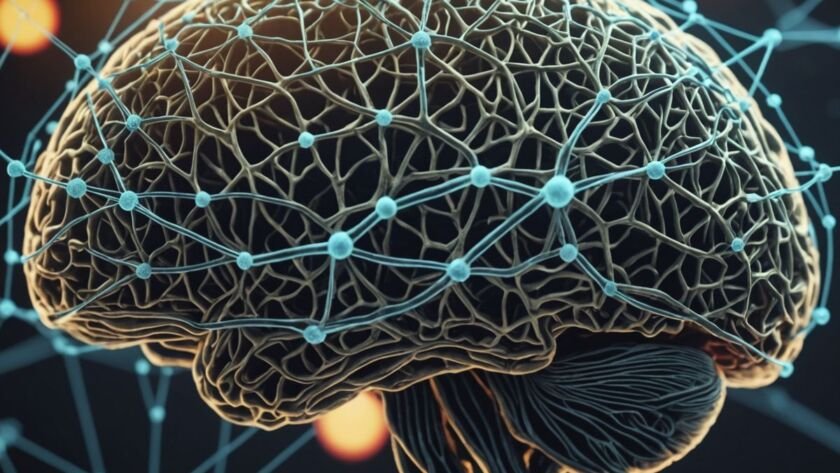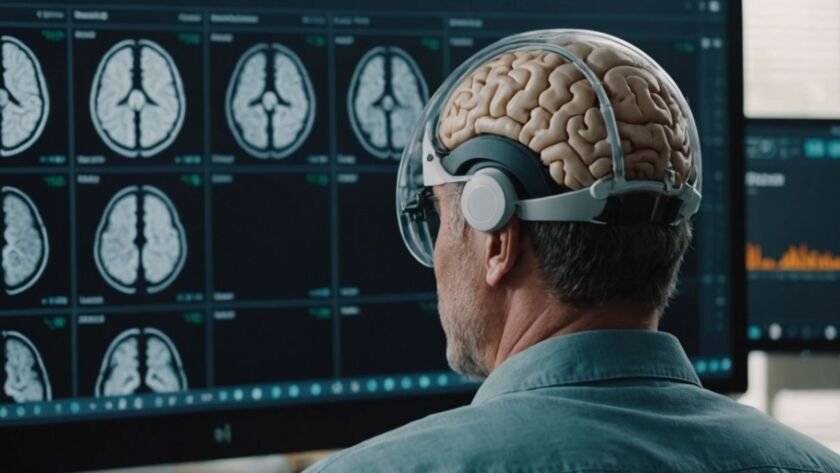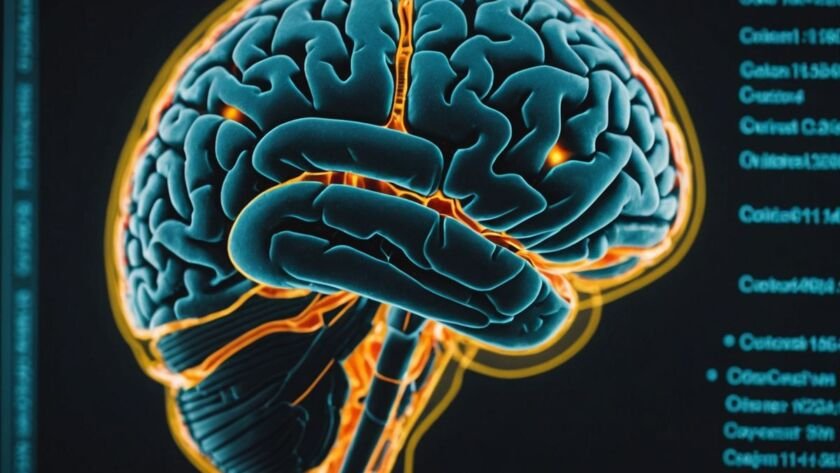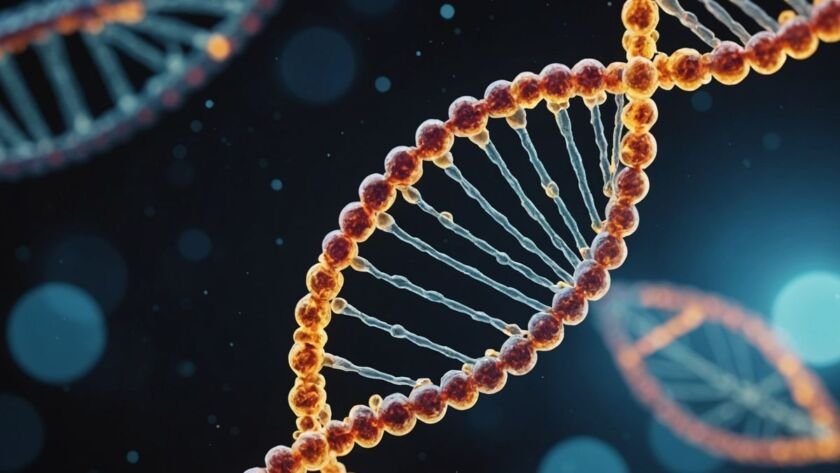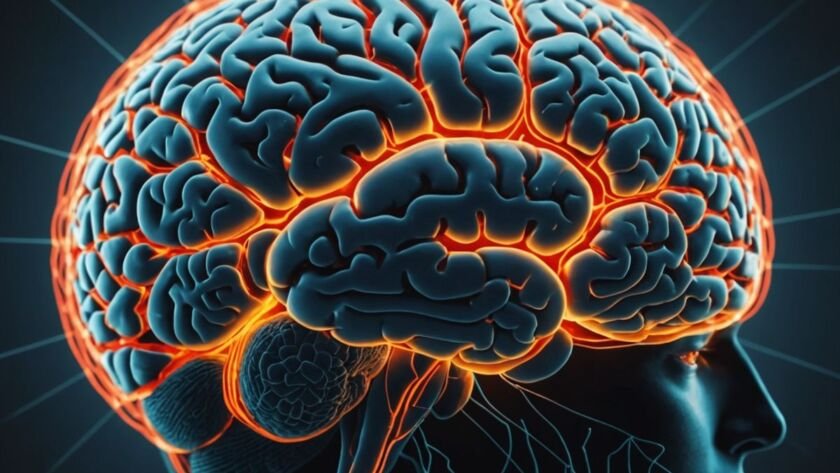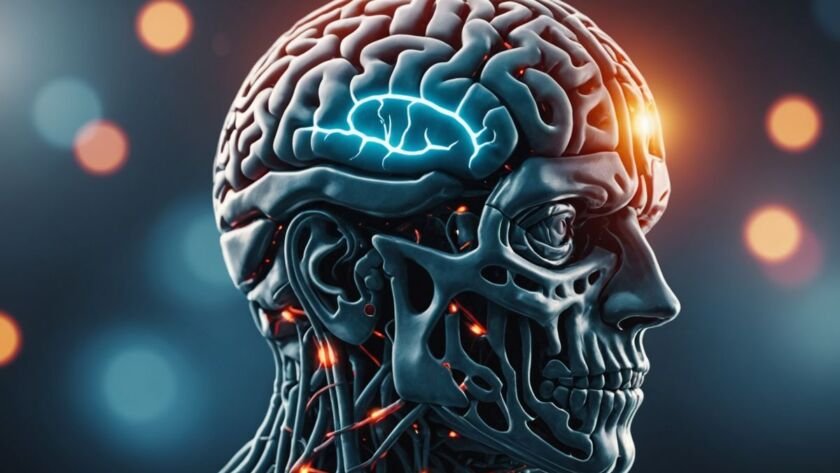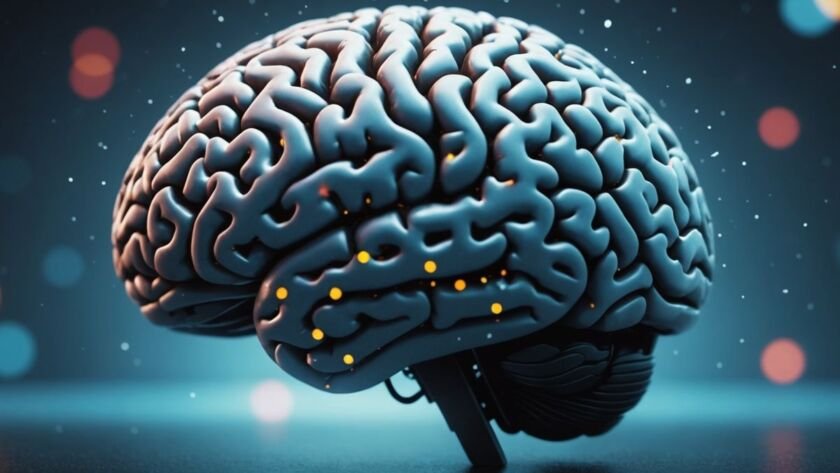Researchers have discovered that mushroom gummies marketed as brain boosters may contain illegal hallucinogens and other harmful ingredients. This revelation comes after five individuals, including a 3-year-old child, fell ill from consuming these products.
Key Takeaways
Undisclosed Ingredients: Psilocybin and psilocin, both Schedule I drugs, were found in some brain-boosting gummies.
Health Risks: A 3-year-old…


